Conferences are valuable for team growth, learning, and collaboration. AWD is dedicated to crafting conference experiences that empower teams to thrive and achieve peak performance. This guide offers key insights to help you maximise your team’s effectiveness during fast-paced conference events.
1. Setting Clear Objectives Before the Event
Before heading to a conference, it’s crucial for teams to set clear objectives that align with the event’s theme and their own goals. This approach helps to maintain focus amidst potential distractions. For example, a team might decide that its main objective is to gather insights on a particular industry trend. By having a clear understanding of what they wish to achieve, every team member can prioritise their time and efforts accordingly.
Involving the entire team in this goal-setting process fosters a sense of ownership and responsibility. When team members feel that their input matters, they are more likely to be engaged and committed to achieving these objectives. This collaborative effort can lead to a comprehensive understanding of the conference’s value and how each person plays a vital role in realising the team’s aspirations.
2. Establishing Roles and Responsibilities
Just like setting objectives, clearly defining roles before the conference can greatly enhance team performance. Each member should know not only their responsibilities but also how their role contributes to the team’s overall goals. For instance, one person could take charge of note-taking during sessions, while another focuses on networking with potential collaborators. This clarity allows for seamless interactions and reduces the chances of overlapping efforts.
Moreover, having a designated liaison or point of contact for various activities—such as workshops or networking events—can help streamline communication. It supports team members by ensuring they know who to turn to for specific questions or clarifications, reducing confusion. This structure allows the team to move fluidly through the conference, maximising opportunities without the chaos of disorganisation.
3. Fostering Open Communication Among Team Members
Creating an environment of open communication is essential for maximising teamwork at conferences. Before the event, it’s a good practice to encourage team members to share their thoughts, concerns, and expectations openly. Regular check-ins, whether virtual or face-to-face, help set the stage for continued dialogue during the conference itself. This approach fosters a culture where everyone feels valued and heard.
During the event, establishing a group chat or designated meeting times can help keep everyone aligned. Using platforms like Slack or WhatsApp can facilitate instant communication, allowing the team to share insights and important updates in real-time. By cultivating this communication framework, the team can collectively navigate challenges and celebrate successes throughout the conference.
4. Creating an Engaging Itinerary
An engaging itinerary can make all the difference in how a team experiences a conference. In addition to attending key sessions and workshops, teams should incorporate networking events, breaks, and leisure activities into their plans. Balancing a packed schedule with downtime allows team members to recharge, reflect, and engage in casual conversations that can lead to deeper connections.
Moreover, encouraging team members to suggest sessions or activities that interest them before the conference can enhance engagement. A collectively curated itinerary not only increases excitement but also ensures that team members feel included in the process, boosting morale and camaraderie. This tailor-made experience will likely inspire more valuable takeaways from the event.
5. Utilising Networking Opportunities Effectively
Conferences present unique networking opportunities that can be leveraged to strengthen team performance and collaboration. It’s important for teams to map out potential connections they wish to make, whether it’s individuals, organisations, or influencers within their field. Setting goals such as exchanging contact information or scheduling follow-up meetings can turn fleeting interactions into meaningful relationships.
It’s equally important to encourage team members to step out of their comfort zones during these interactions. Practicing an elevator pitch or discussing recent projects can open the door to fruitful conversations. When each team member actively participates in networking, the entire team’s visibility and reputation are enhanced, potentially leading to valuable collaborations down the line.
6. Encouraging Participation in Interactive Sessions
Conferences often provide a wealth of interactive sessions, and encouraging team members to engage actively can boost their learning experience. Participating in workshops, panel discussions, or breakout sessions can lead to actionable insights that attendees can bring back to the team. It’s beneficial to remind your team that asking questions and sharing experiences during these sessions enriches the conversation and allows for a deeper understanding of the discussed topics.
Furthermore, this participation sends a positive signal to other attendees about your team’s enthusiasm for learning and collaboration. Teams can also consider devising a reflective session after these events to discuss what they learned and how to implement new ideas. This debriefing process solidifies the knowledge gained and ensures that new insights contribute to enhancing overall team performance.
7. Following Up After the Conference
The post-conference phase is just as essential as preparation and participation. Following up with connections made during the event can cement the relationships built over shared experiences. A simple thank-you email or LinkedIn connection request can go a long way in establishing rapport. This practice also serves as a reminder of the team’s proactive approach to growth and collaboration.
In addition to networking, it’s essential for teams to assess their own performance and outcomes from the conference. Gathering feedback from team members about their experiences, takeaways, and areas for improvement can shape future conference strategies. This reflection not only promotes continuous learning but also reinforces the team’s commitment to evolving together, thus enhancing team performance in future collaborative environments.

